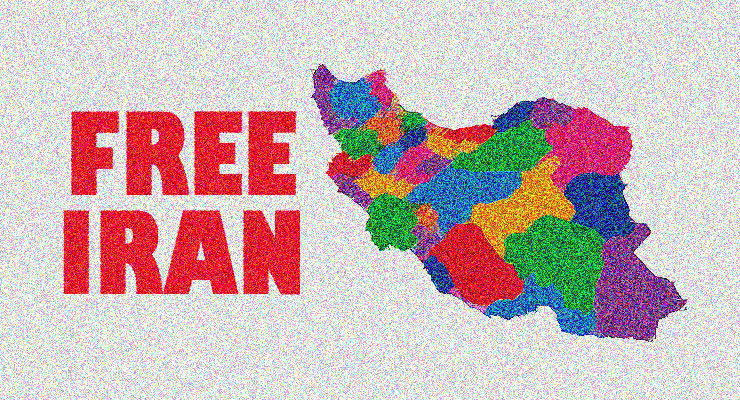
There is nothing more irksome than the thought of a revolution perpetrated by the wrong people. That is what has taken place in Communist societies and in Iran in particular. The leaders of these revolutions overthrew regimes that allowed public freedoms often to great extents, claiming that they were toppling the bourgeoisie in favour of equality. Yet there is nothing more unequal than a system that denies contradiction. That is exactly what happened in the Iranian Revolution of 1978-1979.
While Iran was a monarchy before 1979, the Shah Reza Pahlavi was a modernist under whom Iranians enjoyed a number of freedoms. Unfortunately, he was overthrown in 1979 by a revolution that installed a Theocracy, an even more radical form of communism that largely proscribes individual choice. Unsurprisingly therefore, Iran is a society in which a vast array of public freedoms are restrained for the sole purpose of keeping the theocracy in power.
In 2009 a Green Movement attempted an overthrow of this system. Since then the Theocratic regime of Iran has ramped up cracked down on dissent. An article in Democracy Digest examines the question of what do Iranian authorities really fear in multiplying repression. According to the article,
As Omid Memarian of the Center for Human Rights in Iran noted recently in Foreign Affairs, “The ferocity with which the authorities have persecuted human rights lawyers, who bring abuses to both domestic and international attention, reflects their fear of exposure and their urgent desire to evade accountability, he notes.
But the regime’s hardliners currently see no drawback to its bellicose strategy, according to Ellie Geranmayeh, a senior policy fellow at the European Council on Foreign Relations.
The current maximum pressure strategy has also left the Iranian regime highly suspicious and intolerant towards any form of dissent and given it a suitable excuse of a “foreign threat” to launch a brutal campaign of suppression. The various security apparatuses have cracked down not only on protesters, but also on journalists, students, women, and environmental activists, arresting them and handing them unprecedented jail terms, notes Saeid Golkar, professor at the Department of Political Science at the University of Tennessee, Chattanooga.
See full story.
Leave a Reply